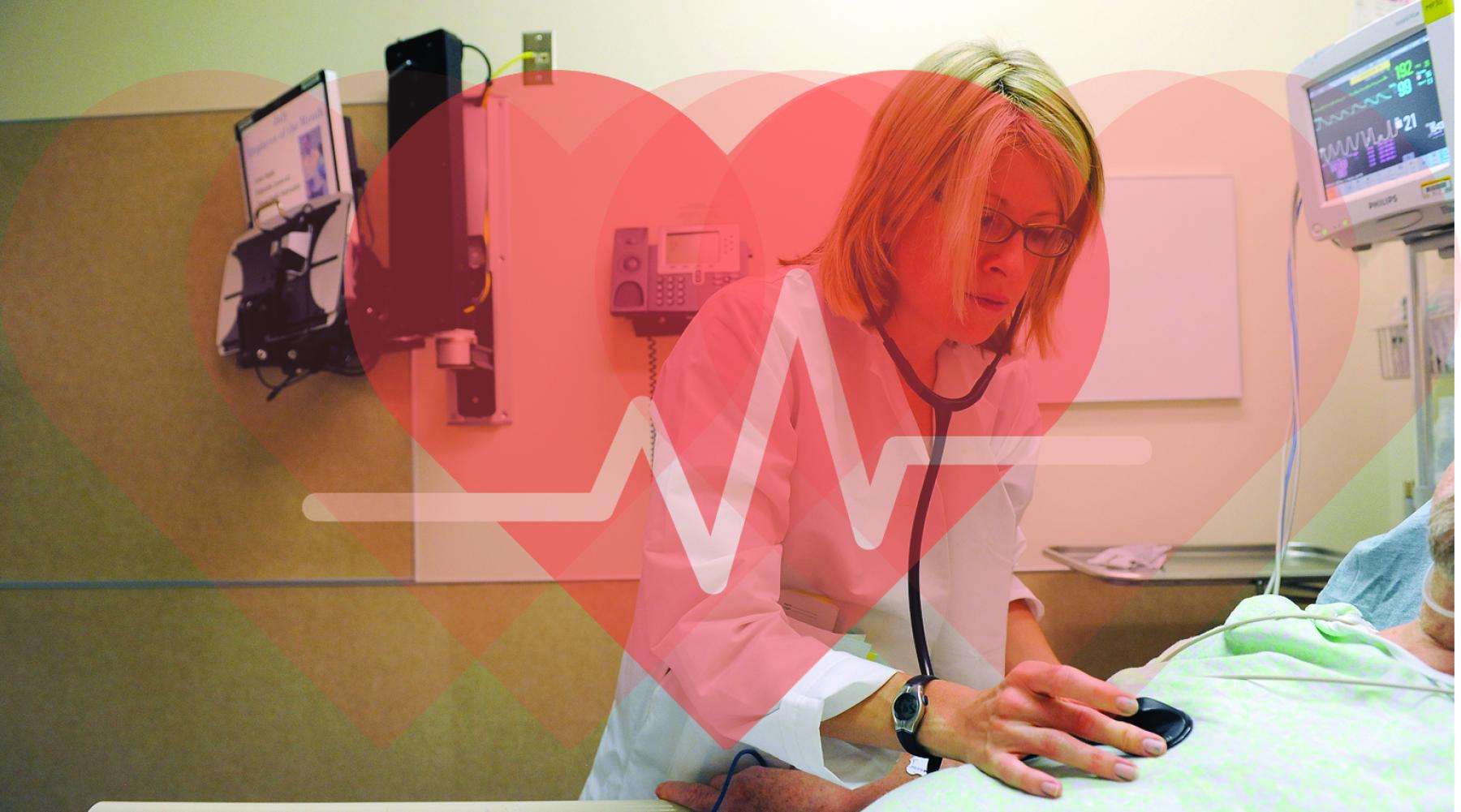Putting the People Back in Health

I spent most of the summer after my first year in college sitting inside a windowless neuroscience laboratory, training mice for an auditory task, and feeling disconnected from the rest of the world in more than one way. The physical separation of the lab from other parts of campus seemed to resonate with the gap I felt between the scientific world my lab inhabited and the lived experience of real people. I was trying to understand the auditory circuit in a mouse’s brain, work that might eventually be used to develop new solutions to hearing loss, but I almost never discussed the use of the research with anyone in my lab. The real-world impact felt incredibly distant. Moreover, the social context that would surround the use of the research — how the technology would be distributed, who would have access, or how it might change medical practices — was completely absent in these discussions.
At one point in my life, I had been drawn to biomedical research because of its potential to translate the minutiae of science into solutions that improved people’s lives. That summer, however, I realized that within the bubble of biomedical research, people’s lives seemed to get lost in that scientific minutiae. I knew I wanted my role in health to be much closer to the people who motivated my work.
I spent the next year immersing myself in coursework and projects that centered the social side of health, finally stumbling upon medical anthropology. With its bottom-up approach, anthropology emphasized the importance of understanding personal stories and individual experience. At the same time, almost every ethnography I read pointed to the importance of large-scale policy and systemic factors that went beyond the individual.
I began to see health in almost everything. Not only is being healthy important for happiness and success, but the factors that constrain both happiness and success also affect health. You need to be healthy to make a living, but economic resources dictate access to health. Migrant farm workers need physical strength to perform intensive labor, but their immigration status prevents them from seeking care for injuries. To me, health was suddenly about much more than new medicines, clinical treatment, or even tracking infectious diseases. I knew I wanted and needed an understanding of larger social and political context to work on health because outside of a medical setting, people cannot separate their health from the rest of their lives.
I'm working this summer at the Colorado Health Institute. I'll try to improve this understanding of how social context fits into health. I want to see what careful research that strives to focus on the local setting when asking big questions about what health and health care can do. CHI’s wide interests match my own feelings that health issues are expansive and cannot be easily contained in a few areas. My CHI colleagues recognize that the larger picture matters. I am excited to explore how people, policy, and health fit into this picture, while focusing on the issues of equity and access that motivated my initial interest in the field.
I also hope to gain a better sense of which direction I might head after graduation. I am still uncertain about where I see myself in the immensely large arena of work that touches health. But I do know that wherever I end up, I cannot forget that health is, at its deepest core, about people.
Want more information about health and health policy in Colorado? Subscribe to our newsletter or find CHI on Facebook and Twitter
Related Blogs and Research
